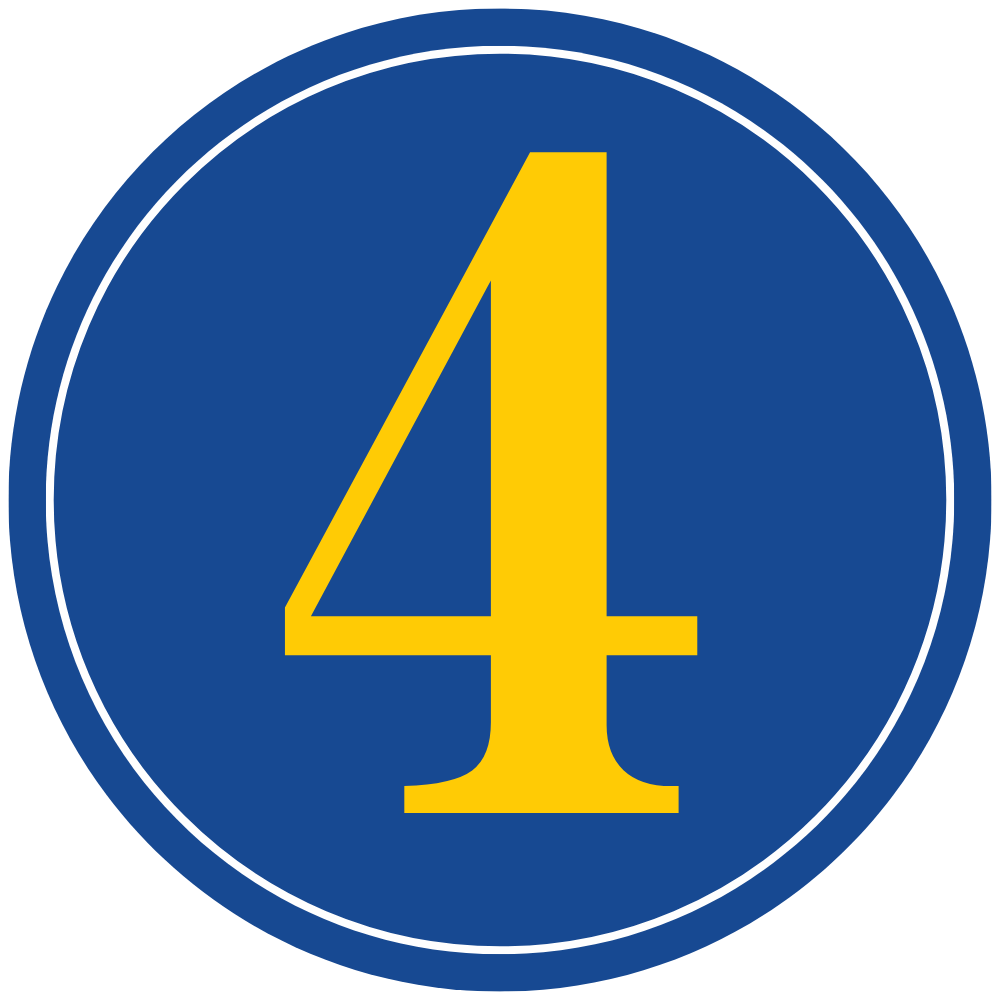New PI Onboarding Process
Whether you’re just starting your career or you’re transferring to the University of Michigan from another institution, we are committed to ensuring that you, your team, and your projects are successful.
Our team of dedicated professionals, who touch virtually every facet of animal care and use at the university, are here to serve as your partners in the conduct of responsible research.
To better understand the unique needs of each new Principal Investigator (PI) coming to the University of Michigan (U-M), the Animal Care & Use Program has streamlined the onboarding process to help facilitate a smooth transition to the university.
Onboarding Timeline & Initial Checklist
Our one-page New PI Onboarding Timeline, available via PDF download, provides a general framework of the expected timeline required to establish your laboratory at the university. Many action items – outlined in greater detail below – can often be completed BEFORE you arrive on campus.
Completing these tasks EARLY will help ensure that you have the tools and resources necessary to create a solid foundation for your research at the U-M:

Set up a U-M uniqname (if relevant) with your Hiring Department

Fill out the New PI Onboarding Request Form to tell us about your research (e.g., species used, special requests, need for technical services support)

Confirm that eRAM access has been granted by the Animal Care & Use Office

Meet with members of the Quality Assurance (QA) and Unit for Laboratory Animal Medicine (ULAM) Husbandry Management Teams to discuss your specific research needs
New PI Onboarding Request Form
All Principal Investigators (PIs) who are new to the University of Michigan should complete the New PI Onboarding Request Form. Completing this form will help us better understand your unique research needs and will also initiate the process of granting access to eRAM, U-M’s system for managing all animal use protocols.
Next Steps & What to Expect
Following these initial meetings, our QA and Animal Husbandry Teams will share information about your research with our program partners (referenced below) to initiate the necessary next steps in the onboarding process.
Based on the specific details outlined in your animal use protocol, one or more of the following teams will be notified of your new PI status and may subsequently reach out to you to offer additional services and/or support:
The Institutional Animal Care & Use Committee (IACUC) requires that certain animal care and use training classes be completed based on the specific tasks listed in an animal use protocol. Based on an individual’s animal handling details, Cornerstone Learning creates a Transcript containing IACUC required animal care and use training.
A one-page PDF summary of IACUC training requirements can be found at animalcare.umich.edu/training-reqs.
Personnel are also encouraged to return to the ULAM Training Core as often as needed, at no additional cost, to further their training. Supplemental training is offered upon request and is tailored to meet individual or laboratory-specific learning objectives.
Insider Tip:
Principal Investigators and designated Laboratory Contacts are encouraged to monitor
IACUC training requirements for their protocol through Protocol Training Reports in eRAM.
Visit the Training webpage for more information about training requirements and timelines, or contact the ULAM Training Core at [email protected] or (734) 763-8039.
In addition to the IACUC required training necessary to be listed on a protocol, the Unit for Laboratory Animal Medicine (ULAM) also requires that individuals complete specific training before receiving access to ULAM-managed animal housing areas.
For detailed information on the training required to access certain housing areas, please refer to the Animal Housing Access page.
Each animal housing facility at the U-M has a dedicated animal care supervisor and clinical faculty veterinarian. Download a PDF copy of our Program Contact Directory ![]() to find contact information for ULAM Husbandry Supervisors by building. Contact information for ULAM Faculty Veterinarians is available on our Personnel Directory or by visiting animalcare.umich.edu/faculty-vets.
to find contact information for ULAM Husbandry Supervisors by building. Contact information for ULAM Faculty Veterinarians is available on our Personnel Directory or by visiting animalcare.umich.edu/faculty-vets.
Insider Tip:
Specific contact information (name, email, and phone number) for every facility’s ULAM Husbandry Supervisor can also be found on Room Entry Signs on the outside of each animal housing room door.
![]() Links marked with a lock icon can only be accessed using valid U-M login credentials.
Links marked with a lock icon can only be accessed using valid U-M login credentials.
As outlined by both the U-M Research and Academic Safety Policy (PDF download) and the Animal Handler Occupational Health & Safety Program (PDF download), PIs at the University of Michigan have a responsibility to ensure a safe and healthy work environment for themselves and others.
Accordingly, specific safety controls – including but not limited to the appropriate donning of Personal Protective Equipment (PPE), the adoption and implementation of safety program manuals, lab specific training, and Standard Operating Procedures – are required to mitigate risk and protect the health and welfare of both research personnel and the animals entrusted to our care.
U-M’s Department of Environment, Health & Safety (EHS) provides a variety of self-service tools to help you manage and maintain your laboratory. Materials can be found at ehs.umich.edu/animals.
Insider Tip:
EHS offers annual Biosafety Cabinet certification support services, maintenance, repairs, and operating guidance at no cost to the user for cabinets up to 10 years old.
The U-M Controlled Substances (CS) in Research Monitoring Program ensures compliance with state and federal regulations, and provides guidance on appropriate storage and recordkeeping practices.
U-M researchers who plan to use controlled substances must work closely with CS Monitors to obtain the appropriate licensure or discuss alternate arrangements. This can happen before, during, or after research protocol approval, as IACUC approval is independent of the controlled substance licensure process.
After the appropriate licenses are obtained, the CS Monitoring Team will continue to work closely with the PI and their staff to provide in-depth controlled substance training and conduct routine and as-needed monitoring visits to assess regulatory compliance.
Insider Tip:
Work with CS Monitors during the licensure retirement process and/or when your laboratory is moving locations. They can assist with license transfers and modifications such as name and address changes.
The CS Monitors can be contacted at any time at [email protected]or by phone at (734) 764-2003 or (734) 615-3872. Visit the U-M Controlled Substances in Research Monitoring Program website for more information.
Any U-M investigator planning a research project that involves recombinant DNA (rDNA) or synthetic nucleic acid (SNA) molecules must submit an application for Institutional Biosafety Committee (IBC) review and approval before initiating their work. IBC approval is also required for all biohazards administered to animals and for approval of work with transgenic animals.
IBC applications are managed through the eResearch Regulatory Management (eRRM) system and require your U-M uniqname and UMICH login credentials to access. Visit the IBC Application Process webpage for detailed instructions on how to submit an application, FAQs, and more.
Insider Tip:
Information about IBC application deadlines and committee meeting dates can be found on the IBC Meetings and Submission Deadlines page.
References and Resources
Animal Care & Use Program New PI Onboarding Timeline (PDF download)
Information Sheet: Recruiting Faculty Conducting Research with Animals (PDF download)
Note: Valid U-M login credentials required to access
Animal Care & Use Program Quick Reference Guide (PDF download)
Questions?
General questions about the Animal Care & Use Program’s new PI onboarding process should be directed to [email protected].